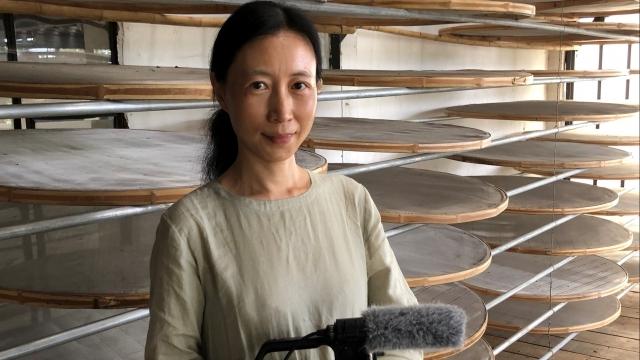
Chinese tea culture has traditionally been characterized by strong gendered divisions, with men dominating various aspects of tea processing, trading, preparation, and consumption. However, recent ethnographic research conducted in Chaozhou, Guangdong Province, along the local tea supply chain, reveals both innovated and persistent gender roles in tea processing and drinking. While symbolic meanings associated with femininity are increasingly prominent in certain consumer-oriented domains, social structural gender issues remain closely tied to the production model based on family organization and patriarchy, albeit with modified discourses. A gendered understanding of tea making provides insights into the complex dynamics of everyday life in China, influenced by a myriad of forces including traditional values and emerging popular trends.
Speaker
Dr Jinghong Zhang, Southern University of Science and Technology and HRC 2024 Visiting Fellow
Jinghong Zhang is an Associate Professor at the Centre for Social Sciences, Southern University of Science and Technology (SUSTech), Shenzhen, China, and a Visiting Fellow at the ANU's Humanities Research Centre. She holds a PhD in Anthropology from the ANU. Her research has followed the flow of goods and people across regions and nations to explore cross-cultural understandings and practices of cultural authenticity, heritage, taste, multiple senses and sensations. Her first book, Puer Tea: Ancient Caravans and Urban Chic, published by the University of Washington Press, won the Best Book Award in English in the Social Sciences from 2013 to 2015, presented by the International Convention of Asia Scholars (ICAS). In line with the 2024 HRC annual research theme of “Time, Place, Everywhere”, her current project explores the changing cultural perceptions of time and place among Chinese Chaoshan migrants in Australia by looking at the development of their sensory experiences and social/cultural tastes during the migration process.
Location
Speakers
- Dr Jinghong Zhang (Southern University of Science and Technology)
Contact
File attachments
| Attachment | Size |
|---|---|
| Work_in_Progress_ZHANG-13-8-24.pdf(556.4 KB) | 556.4 KB |